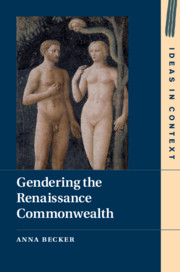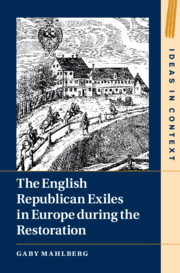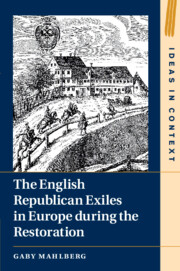Gendering the Renaissance Commonwealth
This pioneering and innovative study challenges modern assumptions of what constitutes the political and the public in Renaissance thought. Offering gendered readings of a wide array of fifteenth- and sixteenth-century political thinkers, with a particular focus on the two prime thinkers of the early modern state, Niccolò Machiavelli and Jean Bodin, Anna Becker reconstructs a neglected but important classical tradition in political thought. Exploring how 'the political' was incorporated into a wide array of 'private' or 'apolitical' topics by early modern thinkers, Becker demonstrates how both republican and absolutist thinkers - the two poles which organise early modern political thought - relied on gendered justifications. In doing so, she reveals how the foundations of the modern state were significantly shaped by gendered concerns.
- Women are often strangely absent from histories of political thought, so this book fills a significant gap
- Looks beyond conventional narratives of the political participation of women to look at gender holistically
- Resets the standard framework of the history of political thought to enable a fuller understanding of Renaissance thought in its complexity
Reviews & endorsements
'Becker offers a convincing argument regarding the perceived political nature of the domestic sphere in the Renaissance.' Yael Manes, Journal of the History of Philosophy
'Becker has made a strong case for redefining what 'politics' meant in the Renaissance, and her book will offer rich stimulation to anyone interested in Renaissance thought, the reception of the classical tradition, and its multiple transformations on the threshold of political modernity.' Sara Miglietti, Intellectual History Review
Product details
January 2020Hardback
9781108487054
282 pages
235 × 157 × 21 mm
0.53kg
Available
Table of Contents
- Introduction
- 1. The civic and the domestic in Aristotelian thought
- 2. Friendship, concord, and Machiavellian subversion
- 3. Jean Bodin and the politics of the family
- 4. Inclusions and exclusions
- 5. Sovereign men and subjugated women: the invention of a tradition
- Conclusion: from wives to children, from husbands to fathers.








.jpg)